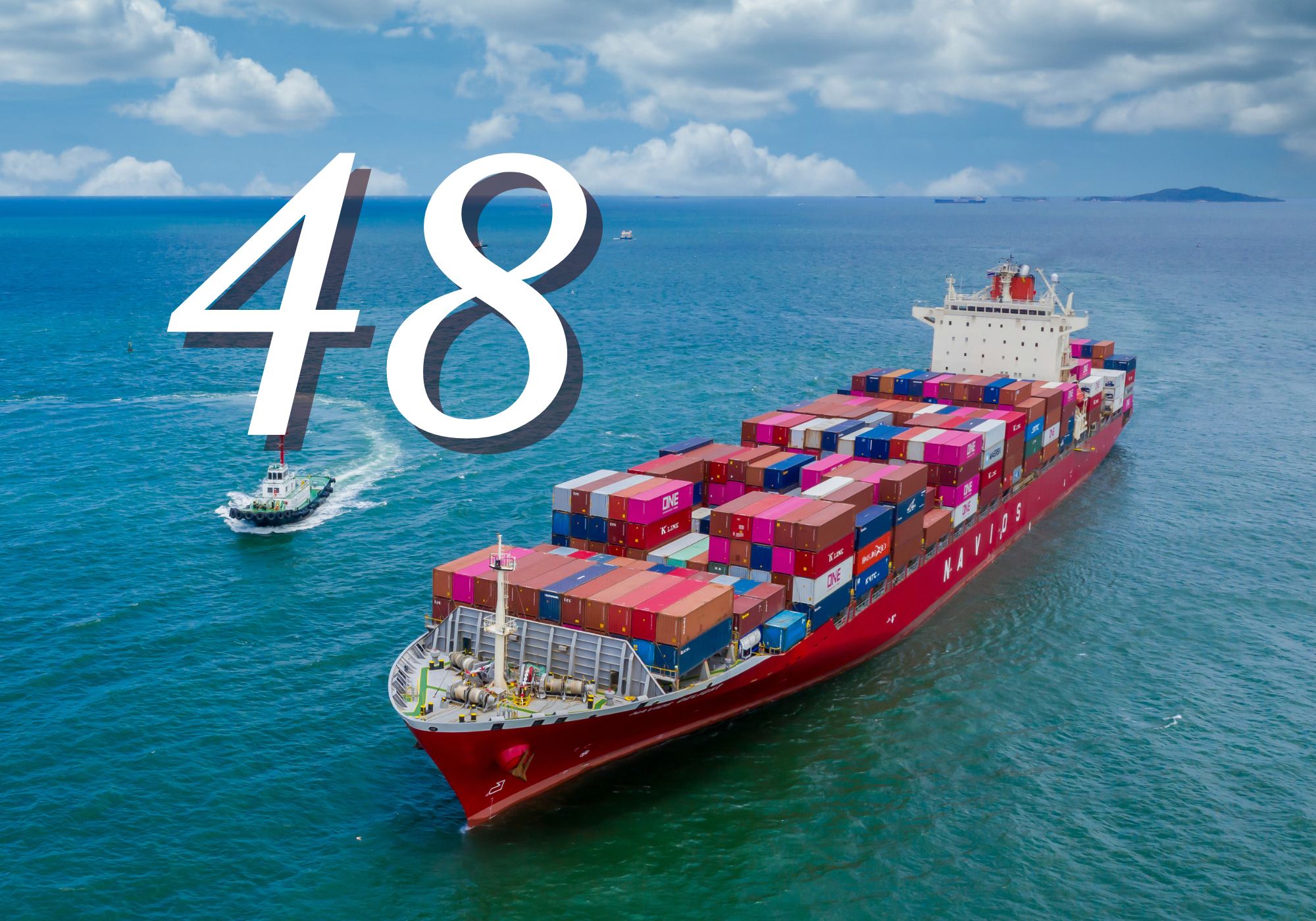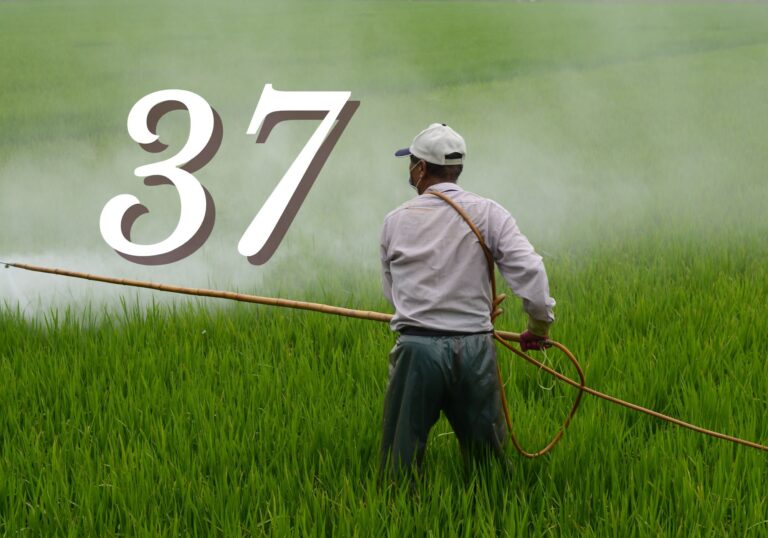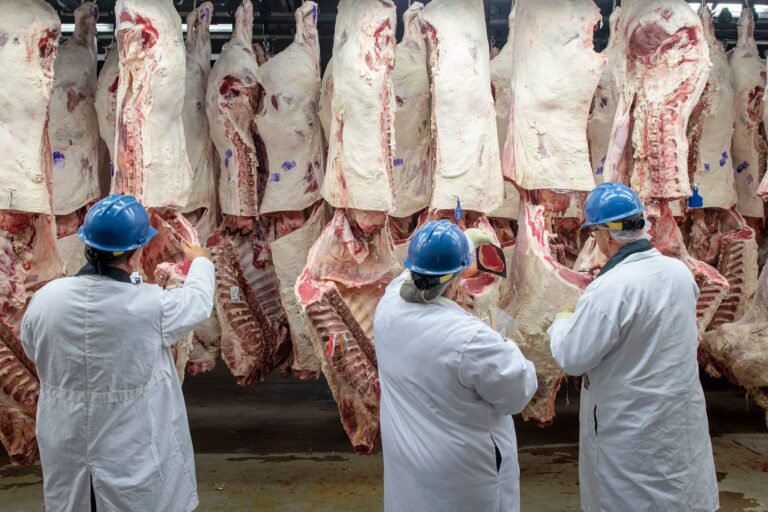US is a Net Food Importer
It seems paradoxical. The U.S. exports a huge amount of food. But today it imports more, in value, than it exports. How can this be? And how does it impact food quality, cost and food security?
Food imports have risen dramatically, especially since 1994 when NAFTA (the North American Free Trade Agreement) went into effect. It was replaced in 2020 with the United States-Mexico-Canada Agreement. Under both treaties, food could enter the U.S. across our northern and southern borders with no tax or tariff.
This meant, of course, that American farmers would have to compete with foreign competitors from second and third world nations, where labor costs were low, prohibited pesticides could be used, and U.S. regulations were not enforced. Furthermore, foreign produce labeled “organic” was not required to meet the same certification requirements as U.S.-grown organic produce.
You can predict what happened. Imports of vegetables rose from only 10% of the total sold in 1994 to 35% in 2023.
Imports of fruit accounted for 59% of fruit sold in 2023, compared to 36% in 1994. Many fruit and vegetable farmers went out of business. Or they moved into producing corn or soybeans, which has led to a massive increase in the production of ultra-processed foods, designed for taste and shelf life, but often devoid of nutrients and filled with chemicals.

As the buyers of cattle and hogs consolidated, they found it advantageous to buy animals coming across the southern border, since they were cheaper than American-raised animals. These buyers, termed “meatpackers,” also learned that by processing less beef a shortage was created, causing prices and their profits to rise.


Since 2022, the U.S. has been a net food importer.

And in the country that invented cowboys, the United States has been a net importer of beef for many years.

Given the looser restrictions on imported products labeled “organic,” it is no surprise that cheaper “organic” imports have skyrocketed in the past 12 years. Americans have not been informed that buying local products labeled organic is much more likely to provide them with the healthier food they seek than buying foreign organic competitors.







